Adolescence
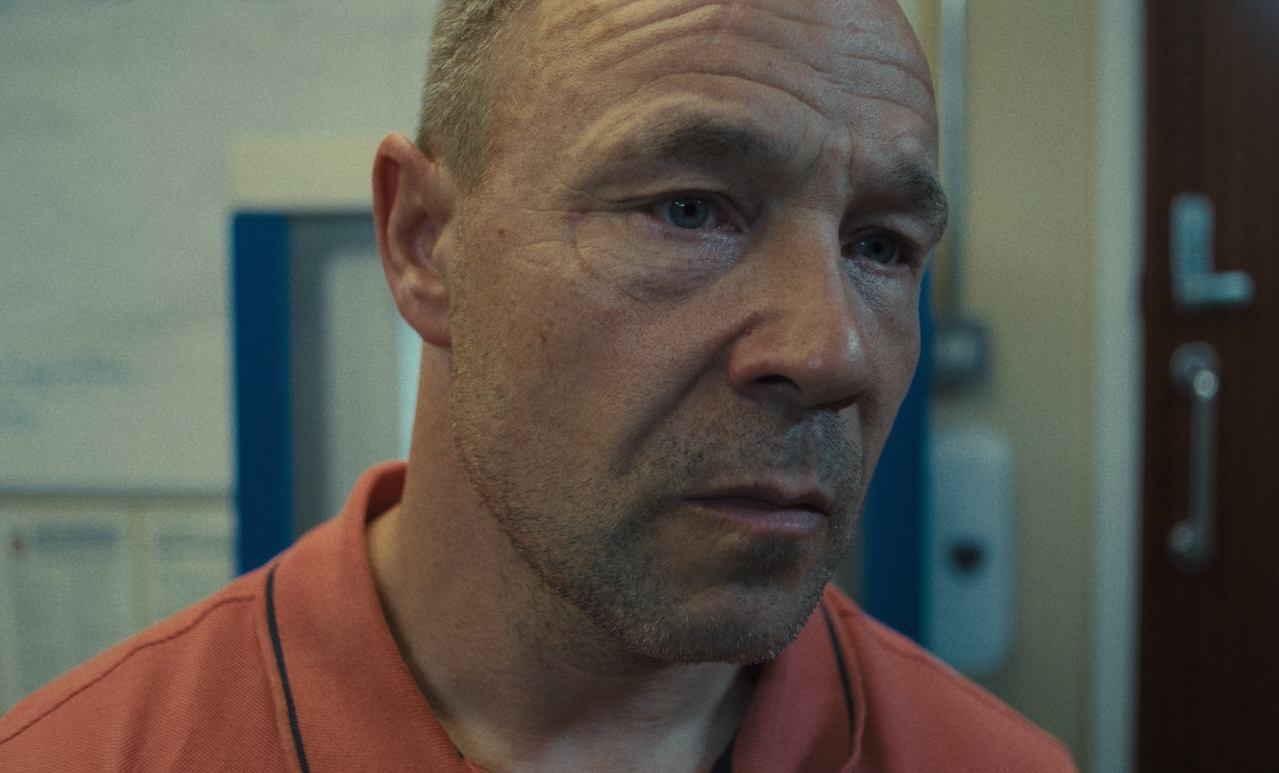
It’s with some trepidation that one greets the news that Adolescence, a new Netflix four-part drama co-created by Stephen Graham and Jack Thorne, unfolds entirely in four segmented single takes. For all the form’s professed immediacy and immersion effect, the possibility of distancing virtuosity is just as present. How much cause does one really have to focus on a story’s emotional particulars when questions of just how meticulously the set-up was rehearsed are at the forefront of viewers’ minds? Indeed, as young Jamie Miller (newcomer Owen Cooper) is promptly jolted from bed by the police and led down winding roads to the station in Adolescence’s premiere, one can’t help but marvel for a minute to see his family (Graham, Christine Tremarco and Amelie Pease) arrive on his tail when we saw them falling to the ground as the police made their dramatic entrance into the house mere minutes before. If there are hidden cuts in these episodes, they have been skilfully concealed by director Philip Barantini (re-teaming with Graham after high-stress kitchen drama Boiling Point), but thankfully, the approach pays dramatic dividends in addition to technical ones.
The chief way the sterling technique behind Adolescence serves it is, ultimately, in its ability to capture patient, painstaking procedure. Over the course of the real-time hour, Jamie is put through a thicket of due process, from a first meeting with a slightly overeager solicitor (Mark Stanley) through invasive body examinations to, finally, a face-to-face discussion with the arresting officers (Ashley Walters and Faye Marsay, respectively). Tracing this procession of events moment by grinding moment, we feel keenly both the boy’s disorientation and his father’s growing frustration. Many will have entered into Adolescence with the knot firmly set within their stomach already, aware as they’ll be of the subject matter. What they may not expect is how much the tight professionalism of it all, the routine efficiency with which this bad day grows steadily – and then rapidly – worse, contributes to the queasiness of the experience.
While their cards are kept close to the chest, it seems clear from their resolve that the officers know more than they are letting on, but our natural inclination is to sympathise with Jamie anyway. So visibly afraid is the boy, so clearly vulnerable (Cooper’s expressive performance carries much of this first hour) that one wishes primarily for his safe passage home. Mentally, the truth may already be apparent to us, but it will take more to make it emotionally true. Come its shellshocked close, Adolescence’s first episode has made tangible the crushing weight of something terribly real.
Ultimately, the opening instalment of Adolescence functions as an effectively self-contained procedural that nonetheless leaves one in urgent need of seeing the rest. Over the course of the hour, beats that may have grown familiar from lesser TV dramas are charged with new undercurrents of horror and queasy suspense. It may be the first must-see drama of the year, and with later episodes set to tackle failings both broadly institutional and intimately familial, its work has only just begun.
Thomas Messner
Adolescence is released on Netflix on 13th March 2025.
Watch the trailer for Adolescence here:

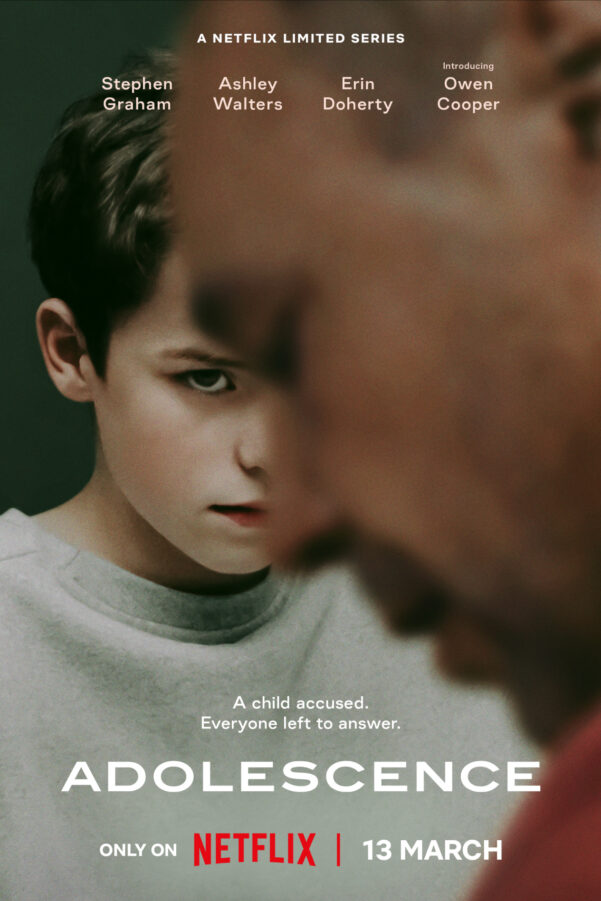

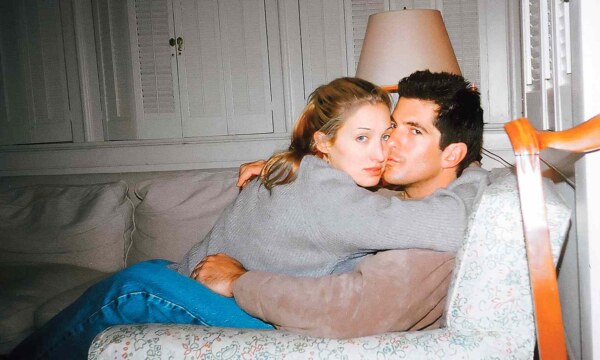
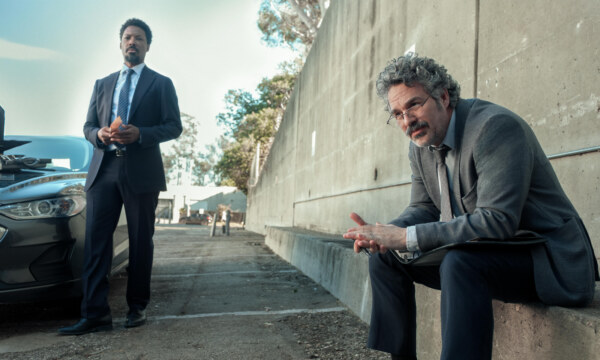



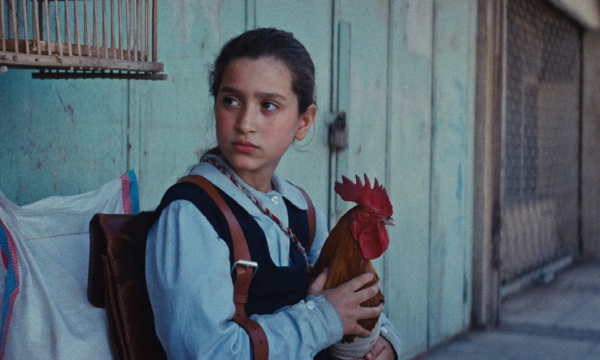

















Facebook
Twitter
Instagram
YouTube
RSS